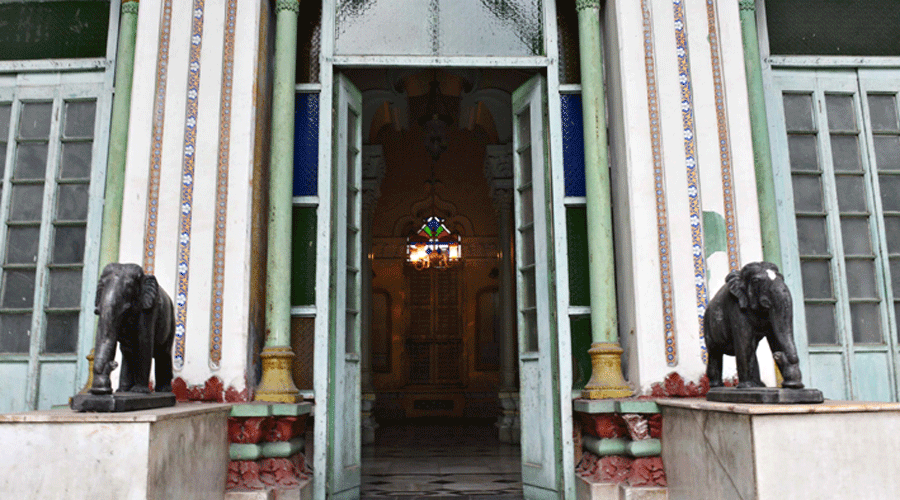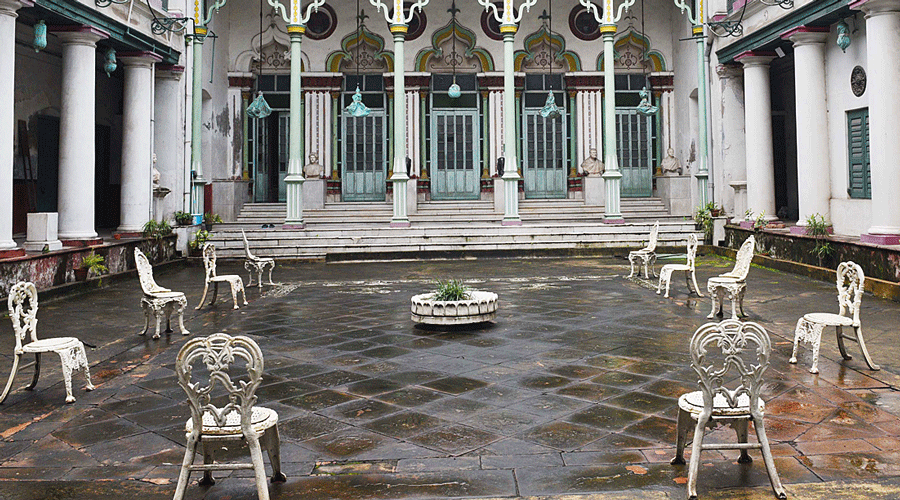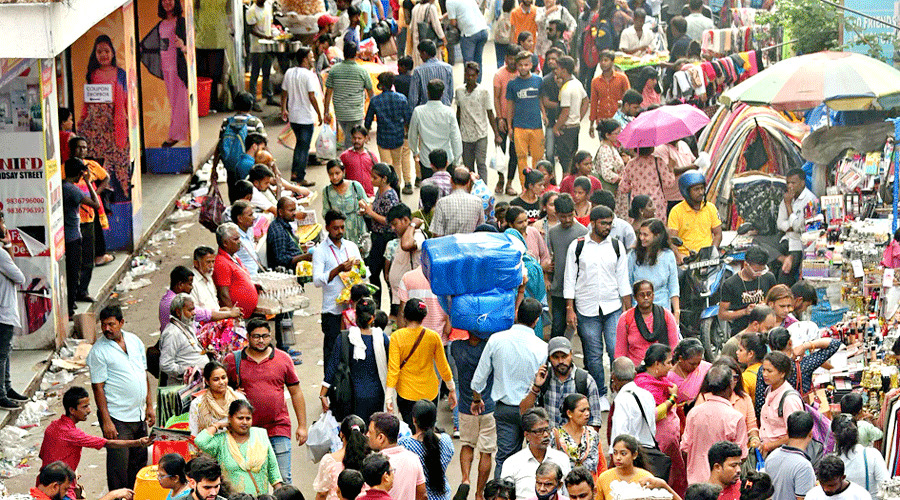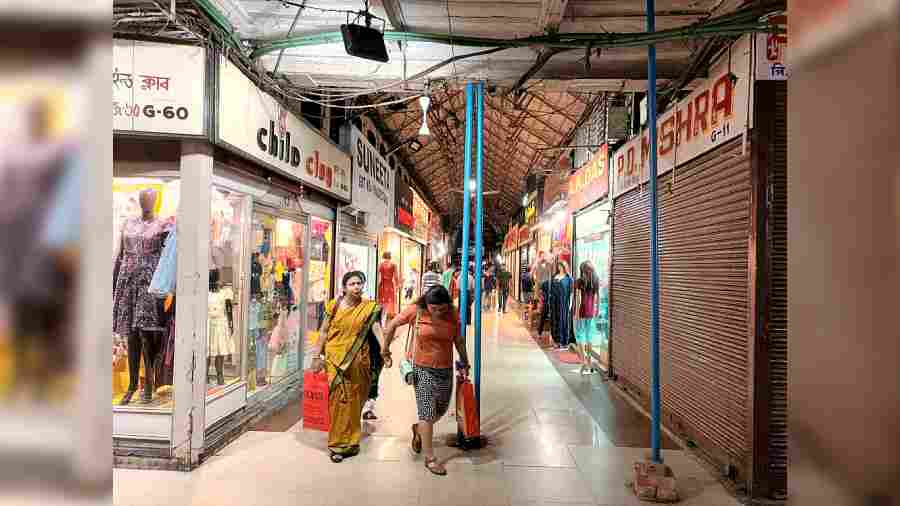A branch of the illustrious Tagore family has decided to revive a Durga Puja that promises to be unlike any other Bengal celebrates in autumn.
In the courtyard of a nearly 150-year-old home in north Kolkata, the puja will not have rituals. Instead, the offerings to the goddess will be in the form of music, dance and the arts.
“We have called it Sarodotsav (autumnal festival). We will not have any rituals. The anjali (offering to the goddess) will be through fine arts, not flowers. There will be no pushpanjali (floral offerings) but shilpanjali (artistic offerings),” said Souraja Tagore, 38, the main organiser.
Souraja said the festival was planned to highlight artisans, dancers, musicians, and occupational entertainers. “They hardly had any opportunity to showcase their work in the past two years of the pandemic. The upcoming festival has been planned to celebrate artistic achievement over rituals,” said Souraja.
Exhibitions of handicraft and artistry along with poetry, music and dance presentations in front of the goddess will be spread across the four days of the festival.
Souraja, a Bharatnatyam dancer, is a descendant of Darpanarayan Tagore. His brother was Nilmani Tagore. The Tagores of Jorasanko are the direct descendants of Nilmani Tagore. The most famous Tagore, Rabindranath, is the “great great grand uncle” of Souraja. The two are five generations apart.

The entrance to the house. Pradip Sanyal
The Tagores of Jorasanko were among the pioneers of the Brahmo movement, which has no place for idol worship. But the branch of the Tagore clan that Souraja traces her lineage to is not Brahmo by faith.
The Tagores have always been patrons of the arts and the festival is a continuation of that legacy.
The home where Souraja lives, and the venue of Sarodotsav, is a stately mansion built by Jatindra Mohan Tagore, the father of her grandfather, in 1884. Fittingly, the house, on Prasanna Kumar Tagore Street in the Natunbajar area, is called Prasad (palace).
“Our home had a long history of Durga Puja that continued till 2006,” said Souraja, who teaches English at the Bhawanipur Education Society College.
“My father was the only child of his parents. I have one brother. Organising a Durga Puja on a grand scale became increasingly difficult because of the scarcity of people. I am a dancer. I had programmes, mostly abroad, during Puja. Reasons like these forced us to stop the puja,” Souraja said.
Souraja’s family includes her parents and a younger brother, Pramantha Mohan Tagore, a researcher at Chicago University who plays the sarod.
The organisers have chosen a physical idol as a token of support for the potters who have also had a tough time because of Covid.
The celebrations will begin on Mahalaya and the main festival, from October 2 to 5, will culminate with a procession and darpan bisarjan, a symbolic immersion with a mirror.
A 99-year-old institution, Bengal Jewellery, is among the partners in the programme.
The festival is being co-curated by Daakghar, a music platform headed by Rabindrasangeet exponent Manoj Murali Nair.


